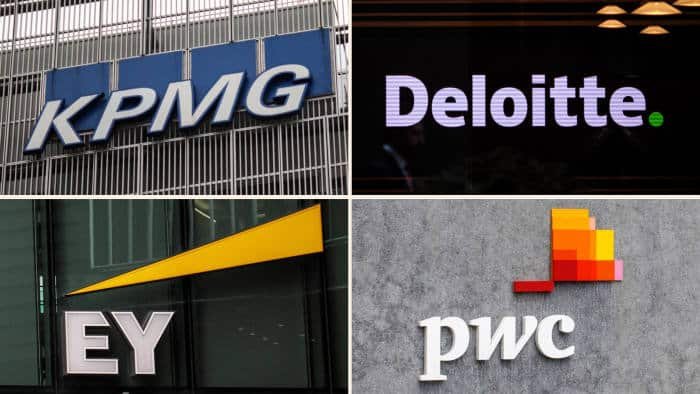
The sustainability boom has resulted in trillions of dollars through environmental, social, and governance funds. Now, the Big Four firms – PwC, Deloitte, EY, and KPMG – are hoping ESG is key to rebuilding consumer trust after numerous scandals and multi-million-dollar payouts.
Though some say the Big Four’s rush to reinvent their image through ESG is a survival ploy, their efforts are noteworthy.
ESG advice is central to PwC’s $12B investment plan, adding 100,000 employees that will work through their “trust institute” to train clients in ethics. The objective, according to PwC Global Chair Bob Moritz, is “to make sure we’re valuable for what our clients need and what the world needs.”
Deloitte announced their own “climate learning program” for 330,000 employees – their largest climate-related initiative to date. Upon announcing, Global Chief Executive Punit Renjen re-tweeted an article about “the links between trust and economic prosperity.”
KPMG’s most recent work includes helping Ikea analyze social and environmental risks associated with raw materials and advising on India’s first-ever green bond issues.
All three groups, alongside EY, are working to help build and implement international standards for measuring sustainability.
Doing so isn’t entirely selfless.
With the carbon offsetting and credit industry expanding, there is an opportunity to track non-financial metrics for clients, such as carbon emissions and footprints.
Critics feel these efforts could backfire.
If the Big Four fail to live up to the standards they promote, there could be negative backlash. In fact, much of the Big Four investments are not related to climate change or diversity but rather technology and international markets. Plus, if activists begin scrutinizing each firm’s records – they may start calling out clients not meeting environmental or diversity goals, which could be a PR nightmare.
PwC Chair and Senior Partner in the U.S. Tim Ryan is not concerned. “There’s always a risk in leading. We’re not perfect, but we’re massively investing to make sure everything we do is with improvement.”